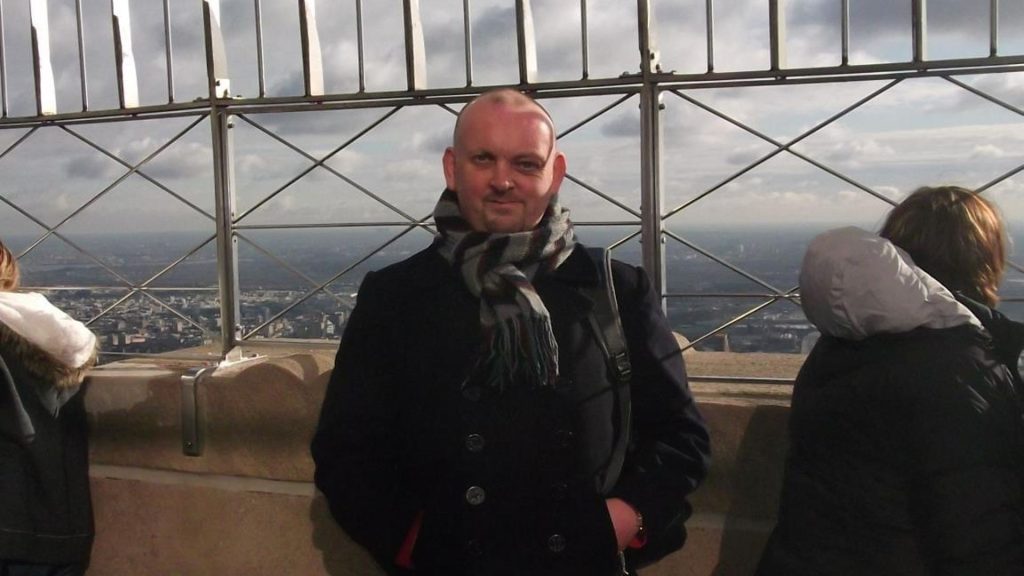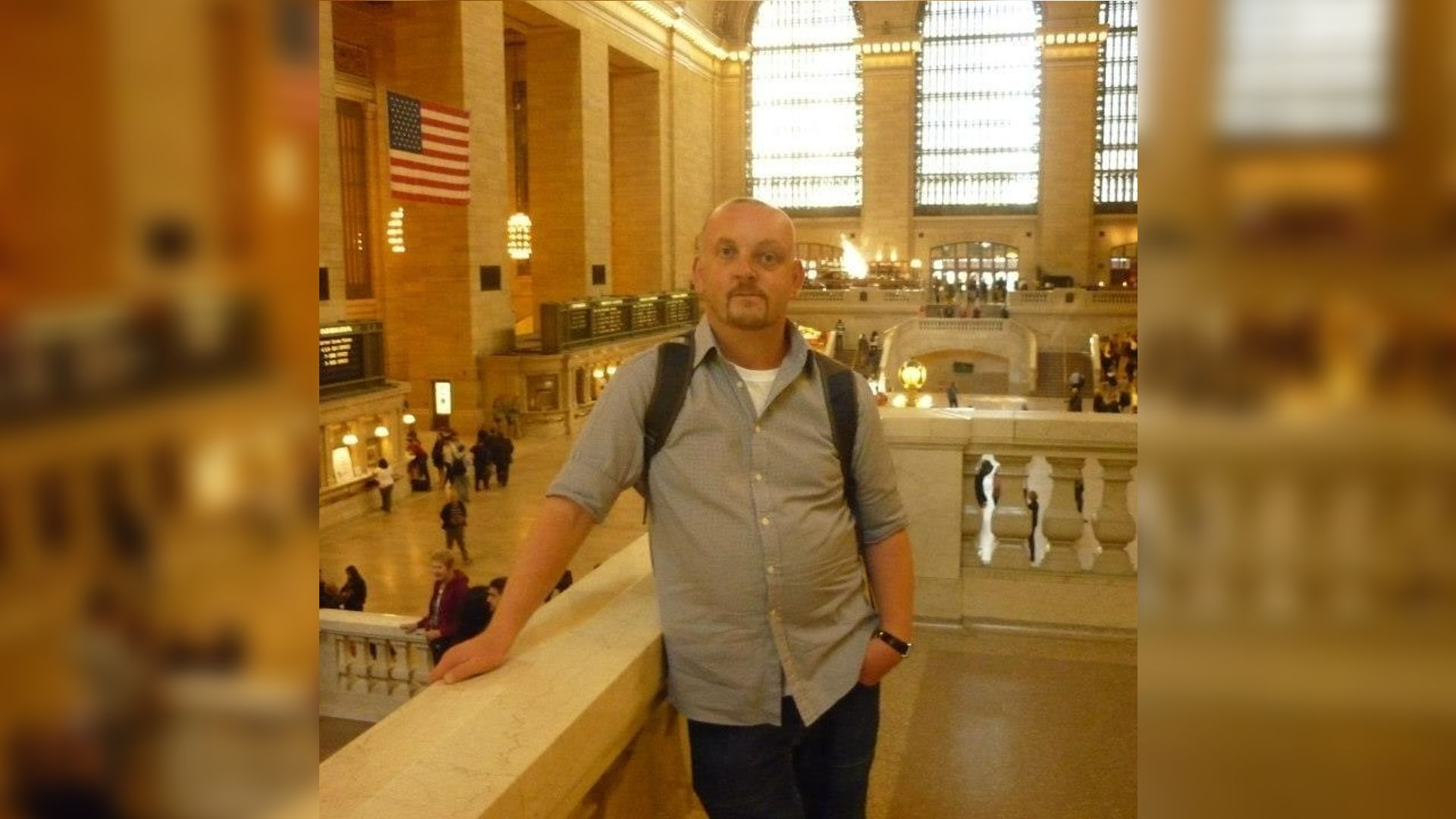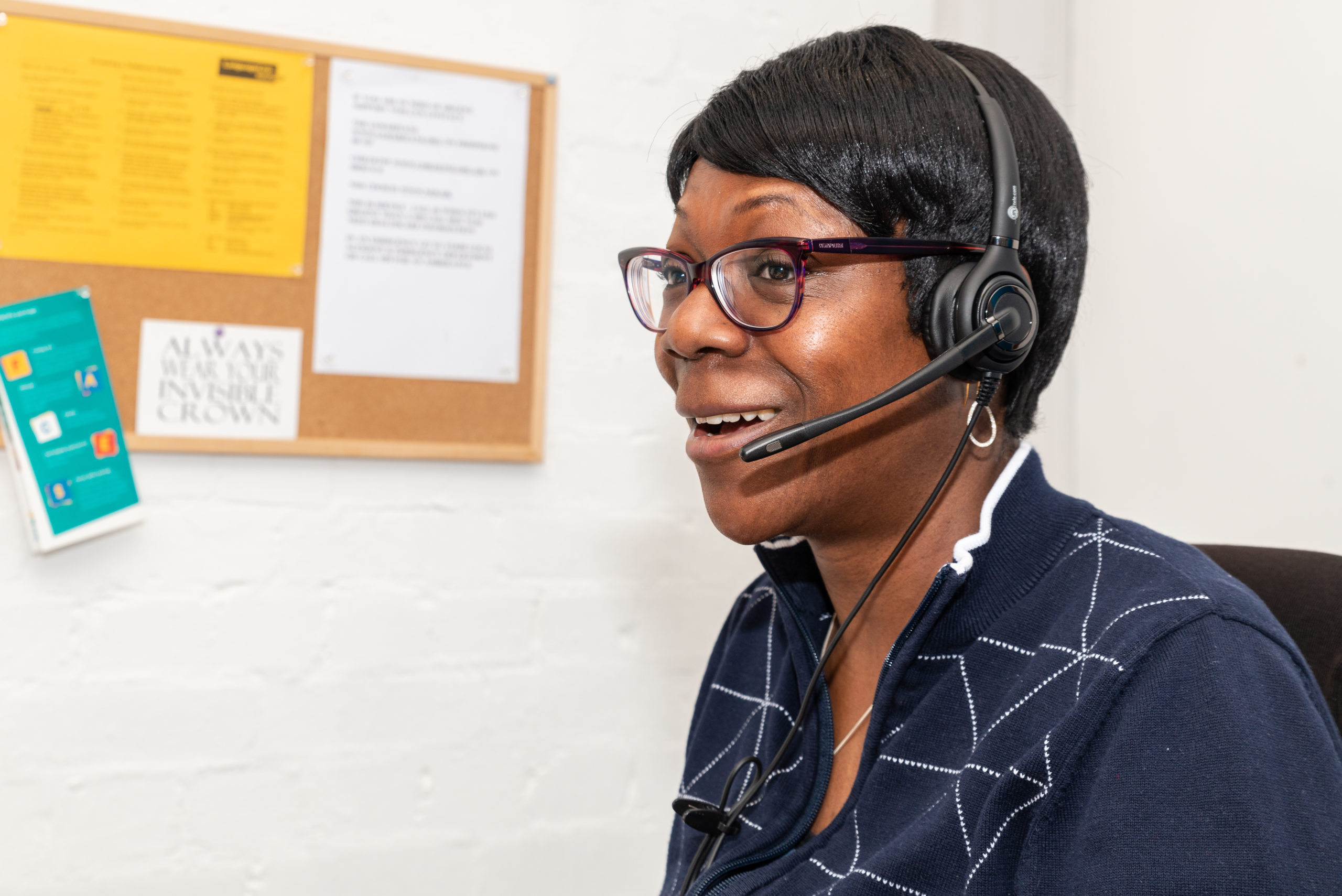Up to the age of nine-years-old, everything appeared to be normal. However, once I reached the age of nine, I started to change visually, with one side of my face continuing to develop, while the other stayed as it was.
People started to notice the difference, and that was when the bullying began in the playground. As I got older, I noticed that wider society seemed to jump on the bandwagon, pointing fingers and making hurtful remarks about my looks. Mental health issues started to emerge as a result. I felt anxious to go outside, because I was constantly aware of people staring and pointing.
People still stare because I have a visible difference, but now that I have a diagnosis, I can educate others about my condition and hopefully make them think twice about staring in future.
It wasn’t until the age of 30 that I was diagnosed with McCune-Albright syndrome and polyostotic fibrous dysplasia. Initially I was told that I had a musculoskeletal disorder, and it was another 22 years until I found out the full scale of my diagnosis.
There is a considerable lack of understanding surrounding my condition. I have to explain myself to the majority of healthcare professionals I see, which gets exhausting. However, since my full diagnosis in 2020, I’ve started to get the medical treatment that I should have had a long time ago and things have got much better for me.
People still stare because I have a visible difference, but now that I have a diagnosis, I can educate others about my condition and hopefully make them think twice about staring in future. My confidence has shot through the roof. If people make derogatory comments, I will happily address them.

Sean at the top of the Empire State Building
Throughout my life, I’ve had relationships come and go, with some thinking they have the right to treat me differently because of my visible difference. As a gay man, I’ve struggled to form romantic relationships. I recently visited a pub in Brighton and heard a person say, “Can you imagine taking that home to your mother?” The automatic judgment that people make when they see a person with a visible difference is incredibly hurtful, and it needs to stop.
Most of my friends are now in settled relationships, and this can make me feel lonely. Thankfully, I have a strong network of people around me, some I’ve known since I was in nursery. We still meet every year in Yorkshire, where I’m from, and I’m hugely grateful for their support.
I’ve got a big personality, and once people get to know me, they don’t just see my visible difference anymore, they see me.
My hope for the future is that I can continue to educate people about my condition and the impact that it has had on my life. Those of us with a visible difference are very special, and I want people to see just how brilliant we are. There’s no room for discrimination in society, and I’m determined to be part of the movement that ends it. You shouldn’t have to justify yourself to everyone you meet, whether that’s to get the right medical treatment or simply to exist peacefully amongst society.
Understanding is key to acceptance, and once we’ve achieved that, everyone with a visible difference will benefit.
To others that have a visible difference, I say hold your head up high and learn everything you can about your condition. Knowledge is power – use it to educate the people around you, including medical professionals. I believe that medical students should be taught more about various visible differences, whether doctors or dentists, so we don’t have to explain ourselves every time we go for a check-up.
As part of this mission to educate others and improve the care that people with rare conditions receive, I’m taking part in a study with researchers at the University of Oxford that aims to transform clinical care for participants, using the information provided by people like me.
Understanding is key to acceptance, and once we’ve achieved that, everyone with a visible difference will benefit. Greater understanding of my condition has enabled healthcare specialists to identify an operation that could relieve long-term pain in my head and face. It will involve bone reconstruction, which is daunting, but if it removes some of the pain I feel on a day-to-day basis, it will be worth it.
Talking to Changing Faces’ Support & Information Line gave me the opportunity to process my thoughts and feelings. Having an outlet where you can open up to people who understand the challenges people with visible differences face is so important. Until society changes, these services are essential.
I’d encourage anyone who wants to talk about living life with a visible difference to get in touch with Changing Faces. It can feel quite daunting to make contact, but you won’t regret it.

